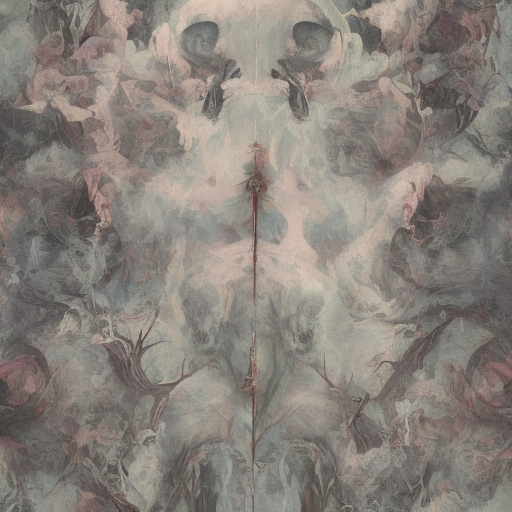The Virgin Spring by Ingmar Bergman
One-line Summary:
In “The Virgin Spring,” a pious Christian family in medieval Sweden faces a harrowing tragedy when their daughter is raped and murdered by a group of wandering herdsmen. Filled with themes of faith, vengeance, and redemption, the film explores the moral complexities of human nature and the consequences of violence.
Main Cast and Crew:
- Director: Ingmar Bergman
- Writer: Ulla Isaksson
- Actors: Max von Sydow as Töre, Birgitta Valberg as Märeta, Gunnel Lindblom as Ingeri
- Music Director: Erik Nordgren
- Director of Photography: Sven Nykvist
- Producers: Allan Ekelund, Ingmar Bergman
Plot:
Set in 14th-century Sweden, “The Virgin Spring” revolves around the devout Töre and his wife Märeta, who live with their beautiful daughter Karin. Karin, accompanied by her pregnant servant Ingeri, sets out to deliver candles to the local church. Along the way, they encounter a group of herdsmen, one of whom is a former suitor of Karin’s. Driven by lust and greed, the herdsmen rape and murder Karin.
Ingeri, consumed by her own bitterness and pagan beliefs, secretly witnesses the crime. Overwhelmed by grief and anger, Töre embarks on a quest for revenge. When the herdsmen unknowingly seek shelter at Töre’s home, he discovers their guilt and exacts a brutal punishment. However, the film also explores the transformative power of forgiveness and the possibility of redemption.
Themes and Motifs:
“The Virgin Spring” delves into themes of religion, morality, and the duality of human nature. Bergman raises questions about the nature of God’s existence and the role of faith in the face of tragedy. The film also explores the cyclical nature of violence and the potential for redemption through forgiveness. Symbolism is prevalent throughout, with motifs such as water representing purity and rebirth, and the juxtaposition of Christianity and paganism highlighting the clash of belief systems.
Reception and Legacy:
Upon its release in 1960, “The Virgin Spring” received critical acclaim and won the Academy Award for Best Foreign Language Film. It solidified Ingmar Bergman’s reputation as a master filmmaker and marked a turning point in his career. The film’s exploration of religious themes and its stark portrayal of violence had a profound influence on subsequent filmmakers, including Martin Scorsese and Lars von Trier.
“The Virgin Spring” remains a powerful and thought-provoking film that challenges viewers to confront their own beliefs and moral convictions. Its exploration of the complexities of human nature and the consequences of violence continues to resonate with audiences today.
Recommendation:
“The Virgin Spring” is a must-watch for fans of Ingmar Bergman and those interested in thought-provoking cinema. It offers a profound exploration of faith, morality, and the human condition. However, due to its intense and disturbing content, it may not be suitable for sensitive viewers.
Memorable Quote:
“God, why did you allow this? I’ve always done what was right in your eyes. I’ve always been faithful to you. Why did you abandon me?” – Töre












